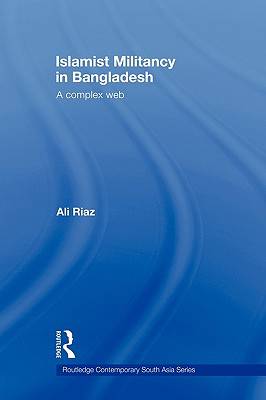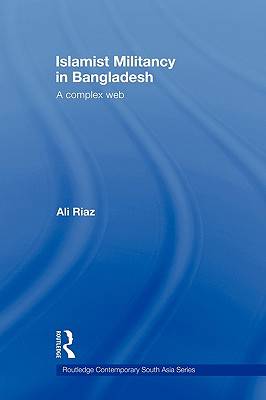
- Afhalen na 1 uur in een winkel met voorraad
- Gratis thuislevering in België
- Ruim aanbod met 7 miljoen producten
- Afhalen na 1 uur in een winkel met voorraad
- Gratis thuislevering in België
- Ruim aanbod met 7 miljoen producten
Omschrijving
In an unprecedented show of force, organization and skill, two proscribed Islamist militant organizations exploded more than 450 bombs within a span of less than an hour throughout Bangladesh on 17 August 2005 sending a strong message that they were a force to be reckoned with. This catastrophic event, followed by a number of suicide attacks, forced the then reluctant Bangladeshi government, a coalition of center-right parties with two Islamists among them, to acknowledge the existence of a network of militants and take action against this threat.
Against this backdrop, this book is the first academic study on the growing Islamist militancy in Bangladesh. It examines the relevance, significance and trajectories of militant Islamist groups in Bangladesh, exploring the complex web of domestic, regional and international events and dynamics that have both engendered and strengthened Islamist militancy in Bangladesh. The three factors - domestic, regional and international aspects - are each discussed separately and their connection and links are analyzed. It goes on to consider possible future trajectories of militant Islamism in Bangladesh.
This book addresses an issue of great importance for contemporary Bangladeshi politics, and will be of interest to scholars of international politics and security studies, including terrorism and the politics of South Asia.
Specificaties
Betrokkenen
- Auteur(s):
- Uitgeverij:
Inhoud
- Aantal bladzijden:
- 174
- Taal:
- Engels
- Reeks:
Eigenschappen
- Productcode (EAN):
- 9780415576697
- Verschijningsdatum:
- 8/04/2010
- Uitvoering:
- Paperback
- Formaat:
- Trade paperback (VS)
- Afmetingen:
- 156 mm x 234 mm
- Gewicht:
- 272 g

Alleen bij Standaard Boekhandel
Beoordelingen
We publiceren alleen reviews die voldoen aan de voorwaarden voor reviews. Bekijk onze voorwaarden voor reviews.












